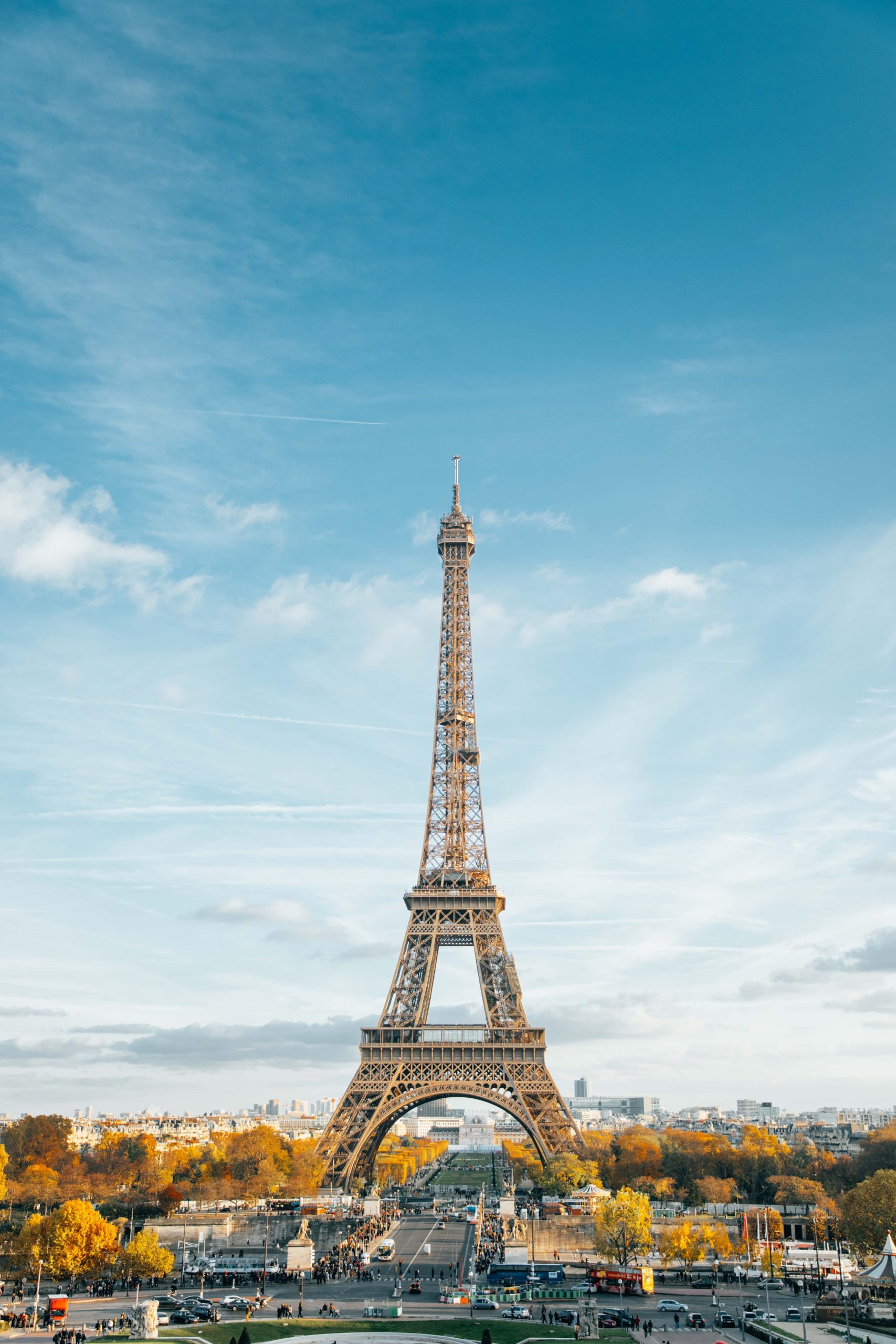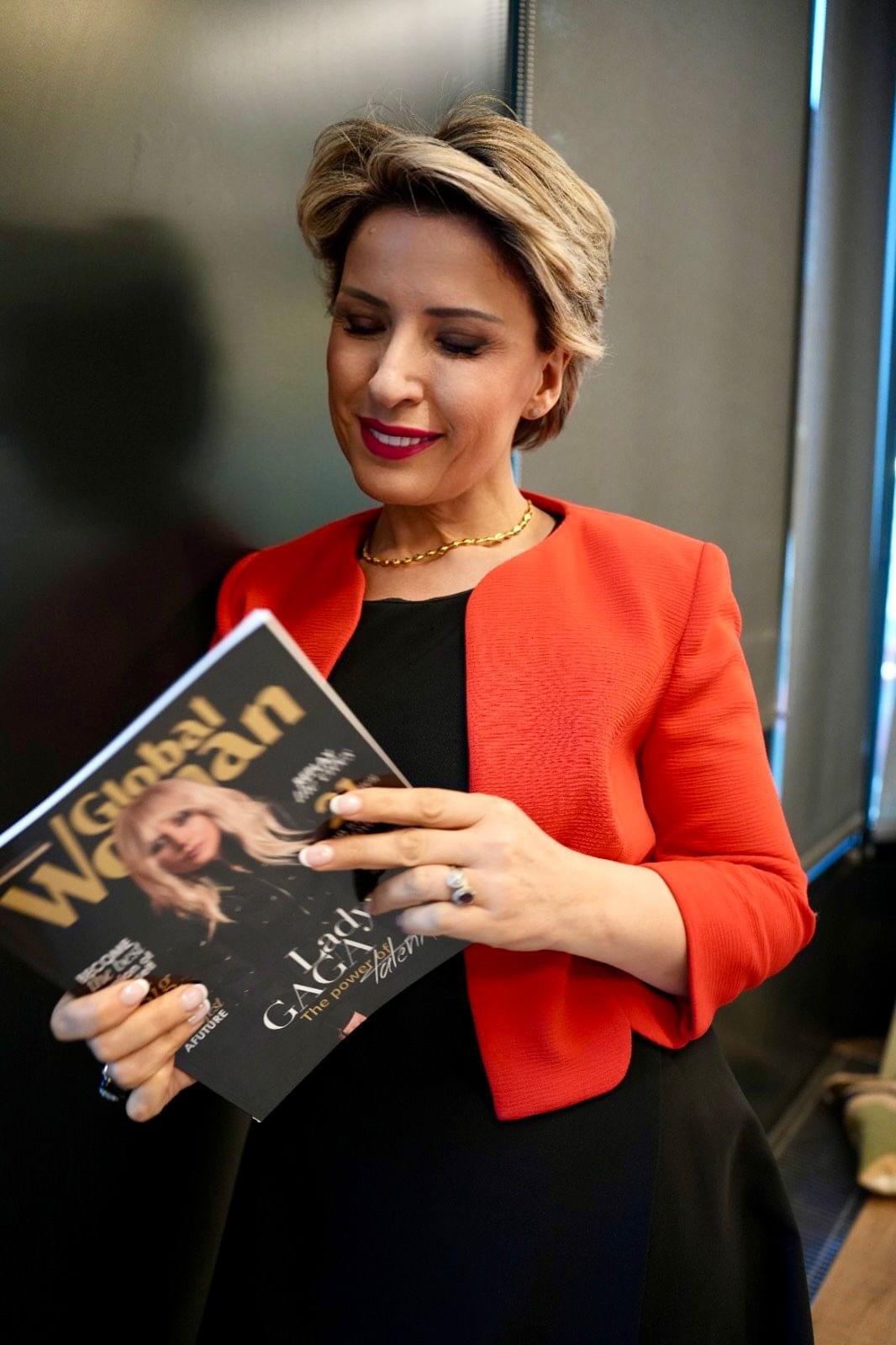The most amazing meditation experience
IT WAS A NICE, WARM SPRING WEATHER IN APRIL, in Istanbul in 2011. I was packing my stuff, just a very few things. It was unusual to take so few clothes with me yet I knew that they were the ones I would need for the coming eight days. Apart from a few shirts and toothbrush, I didn’t have anything in my small backpack. I was ready to travel to the deepest, darkest sides of my inner world… I had so many questions without answers.
Taking a flight to Bodrum was also nice and easy. However, I was very excited and also even a bit anxious about this experience I was going to have. When we arrived at our destination, a very small village in a small forest, I was getting even more excited. I could not relax and felt already all alone within a group of 25 people.
Then our journey started, all of us visiting different worlds, having different energies, having different inner experiences. We were all in a Vipassana Silent Retreat Programme for eight days. The first day, meeting the participants at 5 in the morning was very exciting. Getting up at 4 every morning and getting ready to have our first meditation at 4.30am for an hour was very challenging.
The village where we were staying was very small, in between trees and some green bushes. Our little rooms were totally primitive, they were designed intentionally as being very plain and simple. We did not have any hot water, we just had a plain mattress with a blanket. Even though I was sharing the room with someone, we were not even allowed to have any eye contact and surely not talk at all. We were having only vegetarian food, with lots of water to drink and also not eating anything after 6pm.
I didn’t have anything in my small backpack. I was ready to travel to the deepest, darkest sides of my inner world… I had so many questions without answers.
What is Vipassana meditation and why is the Vipassana Meditation Retreat so important, and such a unique experience? Briefly, I would like to quote from the official website which says: “The word Vipassana means seeing things as they really are. It is the process of self- purification by self-observation. One begins by observing the natural breath to concentrate the mind. With a sharpened awareness one proceeds to observe the changing nature of body and mind and experiences the universal truths of impermanence, suffering and egolessness. This truth-realization by direct experience is the process of purification. The entire path (Dhamma) is a universal remedy for universal problems and has nothing to do with any organized religion or sectarianism. For this reason, it can be freely practiced by everyone, at any time, in any place, without conflict due to race, community or religion, and will prove equally beneficial to one and all.”
At the Vipassana meditation residential retreat the attendee agrees to conscientiously undertake the following precepts for the whole ten days:
To abstain from killing any being
To abstain from stealing
To abstain from all sexual activity
To abstain from telling lies
To abstain from all intoxicants
The whole experience had so many different aspects to it. There were the physical aspects of the experience and surely the spiritual aspects to it. On the physical side, the relatively easy rules to follow were to:
Get up at 4.00am everyday
Be able to meditate for 10 hours a day
Eating only vegetarian food until 6pm in the evening
However, as the intention and focus develops, one does not really find these aspects so difficult to apply to him/herself. The main challenge was to be able to have the spiritual awareness, to be able to travel within. Having meditations and by the help of these meditations, to be able to have insights. In this spiritual aspect, I think that the Vipassana retreat was very powerful.
From the spiritual experiences, I was able to see how my mind was so focused ‘out there’ rather than ‘inside myself’. I found out that, I was always watching, listening and scanning externally, rather than being deeply connected at an internal level. Of course, as the days passed, the acceptance of these external influences became a part of my own growth. I was ready to accept and forgive myself in the past and in the present. Self acceptance, self love, the existence of my ego, my different roles like the child and the adult role, the importance of being in balance etc.
There were so many other themes I was realising, one of them being, recognising that nothing in life is permanent (life, people, jobs, property) things come and they go, and that by being attached to them you have labelled them as ‘mine’ and therefore you need to cling onto them.
In the noble silence, ‘acceptance’ was another important topic I was thinking of a lot and having insights about myself. Just letting things be what they are and totally accepting people as they are.
Equanimity was the term we had come across and thinking about acceptance when our Buddihist monk guided our meditations during the days. We were allowed to ask him questions about spirituality. He was the only one we can talk to during the whole retreat programme.
The Buddist Monk, came up with this definition, as:
“Equanimity can be used to refer to any of the following terms such as beingness, undisturbed, unattached. It should be recognised that ‘Equanimity’ does not refer to a state of mind; rather it describes our real nature. Sense of attachment or doership is always individual and operates at the level of Individual Identity or Ego. By renouncing our limited identity, we can reveal our true nature, when we are aware of our true nature, the individual ego does not operate anymore, and hence the outcome is equanimity.
When one is fully aware, one does not attach to the world but rather sees the world. The world is apparent and unfolds in front of our awareness, but due to lack of clarity, we identify with the body and the mind and become finite and limited. The only unchanging reality is pure awareness. It refers to being witness and not having a sense of the individual doer, which creates attachment and makes one behave otherwise.
Equanimity does not mean sitting around inactive while things are happening, or escaping from the world, or suppressing one’s feelings. Equanimity is operating from the state of supreme watchfulness/witness without an iota of attachment or aversion. A mind of equanimity is an original pure mind, free from all suppression, fear, dullness and ignorance.”
Each day of the retreat, especially after the third day, we were instructed to direct our awareness to the body when we weren’t formally meditating, to observe all sensations as we walked, ate, showered, and in bed as we were about to go to sleep.
On my meditative walks I found myself overwhelmed by the beauty of my surroundings. I felt as if there was no barrier of thought or judgment between me and what I observed. Little things like raindrops hanging from stalks of the tall meadow grass, or the quiet of the forest in the morning actually brought me to tears. I was in a total silence as they call it in a Noble Silence. This felt really strange especially after the third day, I was really able to experience a total observation without my mind not talking or judging, it was a total “just seeing” experience without any words or labels in my mind.
Overall, my experience enabled me to go over so many issues for soul, and enabled me to practice mindfulness on every activity. It also enriched me with lots of insights about myself and about what I would like to do in life in the future. Being totally compassionate and kind to myself and for others, being curious and non-judgmental like a child, and being totally myself in any surrounding. And finally, having love and kindness for life itself as well as all human beings.
I would definitely recommend you to have this amazing experience. It is such a wonderful feeling to be able to discover the different colours of your soul!
By Ozden Bayraktar
Ozden Bayraktar was born in Turkey. She started her career after she graduated with a degree in Psychology, Koc University Institute of Social Science, Istanbul, Turkey and a Masters in Psychology, Maltepe University Institute of Social Science, Istanbul, Turkey.
When she arrived to UK in 2007, she completed an MSc in Psychoanaltyic Child Development, at University College of London. Currently she is working on her PhD in Psychotherapy and Counselling studies at Regents University, London UK. Also she is working at ‘Avalon Associates’ as a Life Coach/Counsellor, specialized in Child Development, Marriage and Family Therapy, Life after Divorce, Work-Life Balance and Mindfulness, Medication for Personal Empowerment and Self-Confidence. Ozden Bayraktar provides workshops and panels in topics such as ‘Parenting issues’, ‘Adolescence’, ‘Mindfulness’. She is also a weekly author at Eurovizyon Newspaper and Olay Newspaper, alongside with a weekly TV program in Star TV.





